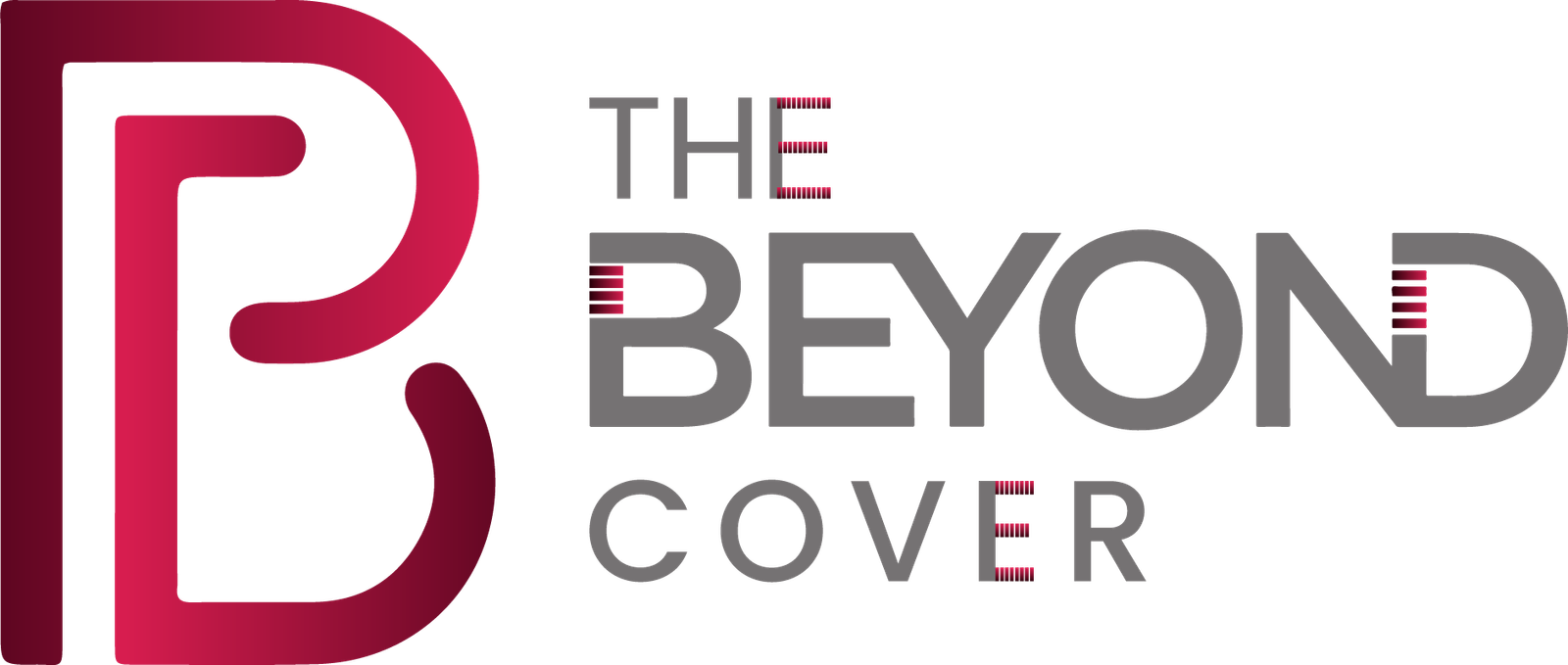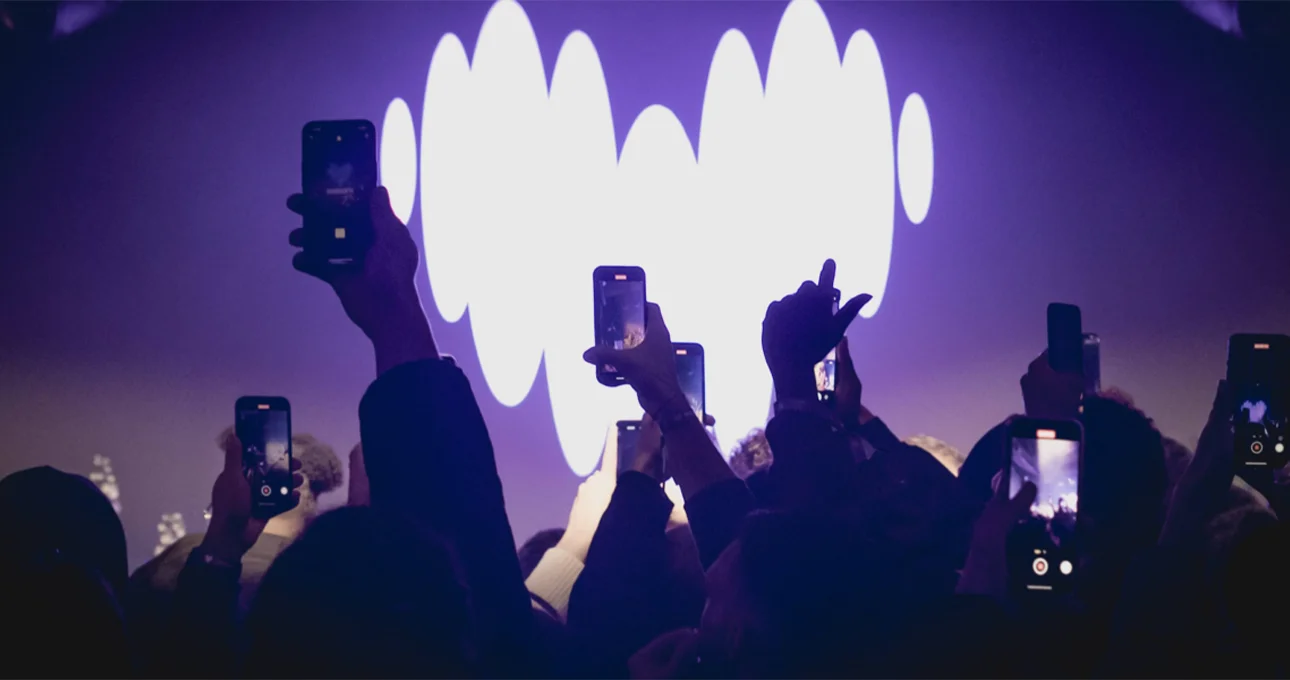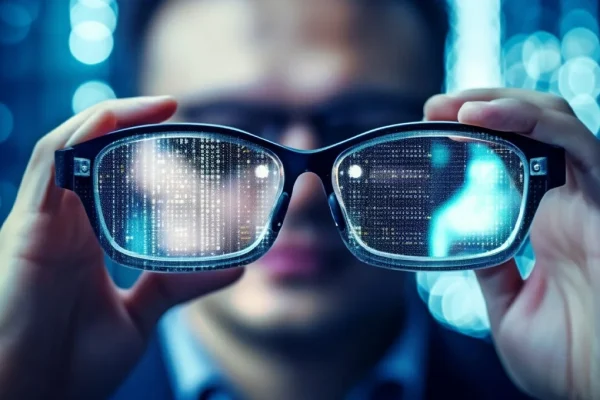In response to the growing influx of synthetic music, Deezer launched an AI detection tool in January 2025 to identify and label fully AI-generated tracks.
How it works:
The tool analyzes audio fingerprints and generation patterns to flag songs fully created by tools like Suno and Udio.
Flagged tracks are removed from editorial playlists and algorithmic recommendations, although users can still access them via search.
Partially AI-assisted songs—where human involvement is evident—currently go undetected, leaving a large portion of hybrid content unfiltered.
By excluding AI music from discovery algorithms, Deezer aims to preserve visibility for human artists while maintaining transparency and openness around generative music.
Artists and Labels Push Back Against AI Music
While generative music tools democratize music creation, they’re also intensifying legal and ethical debates around copyright infringement and creative ownership.
In late 2024, major record labels, including Universal Music Group, Warner Music Group, and Sony Music, filed lawsuits against Suno and Udio. The lawsuits allege that these platforms trained their AI models on copyrighted music without permission.
Simultaneously, over 200 artists, including Billie Eilish, Nicki Minaj, and Stevie Wonder, signed an open letter warning that generative AI threatens to
“Sabotage creativity”
“Sideline human artists”
“Flood the market with synthetic content.”
Their message: the unchecked growth of AI music could erode the cultural and financial value of human-made art.
What Makes AI Diffusion Models Different?
Diffusion models differ from earlier audio-generation techniques in one key way:
They create waveforms from scratch—not by reusing or stitching samples together—resulting in more nuanced, expressive, and high-fidelity tracks.
Popular platforms like Suno and Udio allow anyone to enter a few words and produce polished, genre-specific songs in minutes. While this democratizes music creation, it also blurs the line between art and automation, raising urgent questions about
Authorship and copyright
Monetization rights
Platform accountability
The Road Ahead: Balancing Innovation and Integrity
Platforms are responding in varied ways:
SoundCloud has banned monetization of fully AI-generated tracks.
Spotify and YouTube Music now allow impersonation claims against AI content mimicking artists.
Deezer’s approach balances access with control, aiming to support innovation without sacrificing originality.
If the current trend continues, AI-generated music could dominate streaming platforms within a year—reshaping not just how music is made, but how it’s valued and consumed.
As diffusion models continue their rapid evolution, the music industry stands at a crossroads: embrace AI as a collaborative tool or resist it to protect human expression. Either way, the beat of disruption is only getting louder.


























